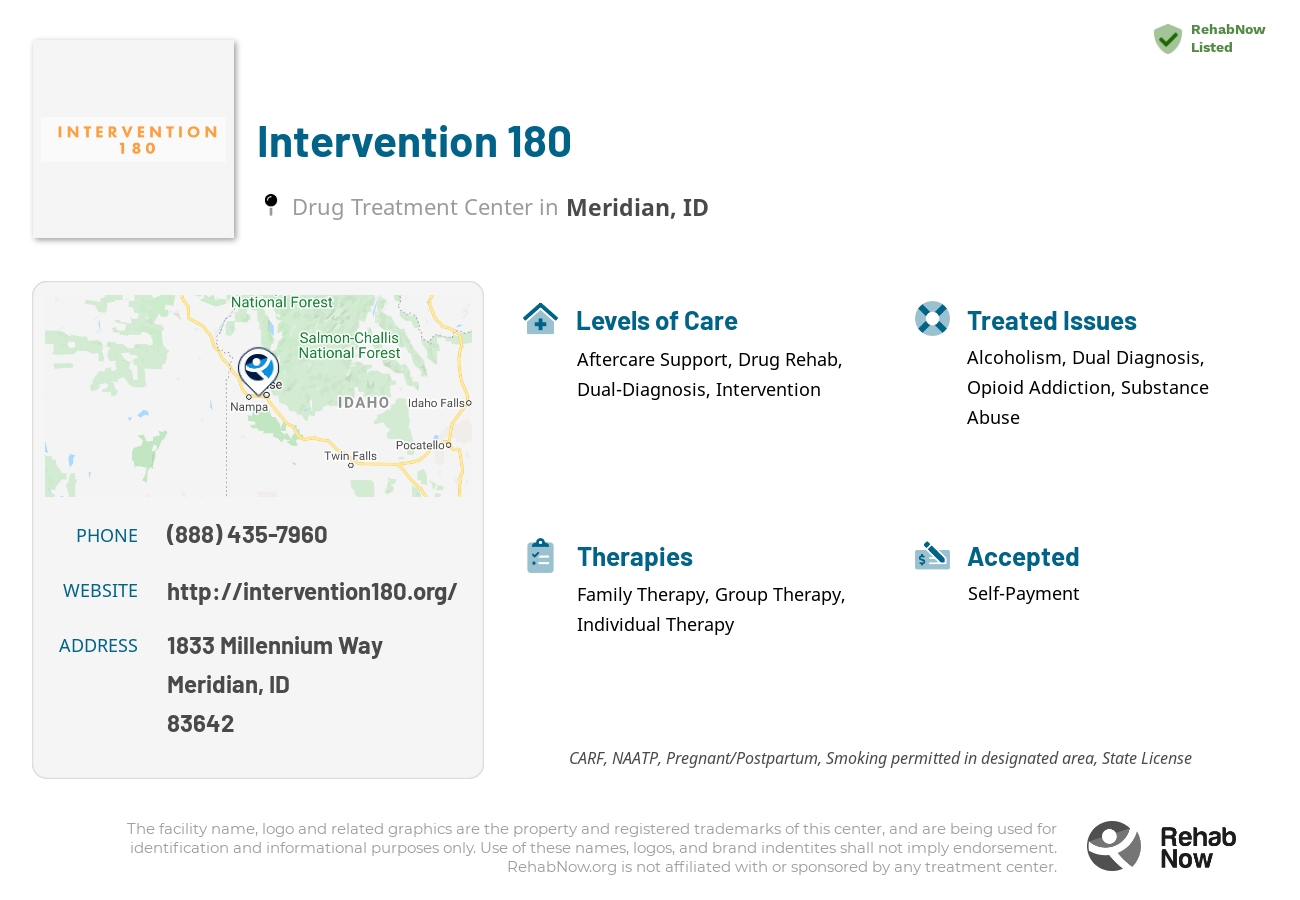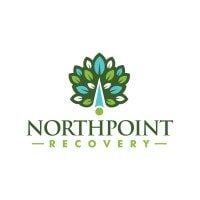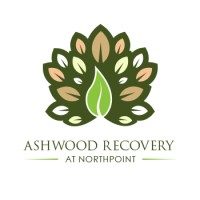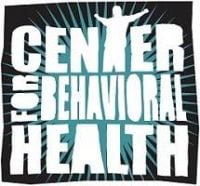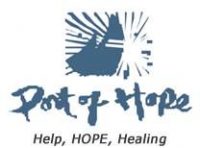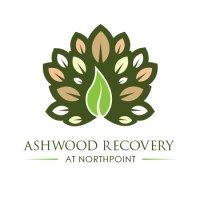
Intervention 180
Drug Rehab Center in Meridian, Idaho
- Substance Abuse
- Opioid Addiction
- Dual Diagnosis
- Drug Addiction
- Alcoholism
Intervention 180 is an accredited facility that provides personalized addiction and dual diagnosis treatment services, including therapy, nutrition interventions, and on-site medical detoxification.
About This Idaho Facility
Intervention 180 in Meridian, Idaho, focuses on treating alcoholism, drug addiction, dual diagnosis, opioid addiction, and substance abuse, providing a beacon of hope for those struggling. Its specialized approach in dealing with a variety of addictions and its capacity to support a broad demographic, including adolescents and the hearing impaired, sets it apart in the field of recovery.
Accredited by LegitScript and the Joint Commission, Intervention 180 prioritizes individualized treatment plans, including medication-assisted treatment (MAT), psychotherapy, and support services aimed at facilitating successful recovery outcomes. This attention to personalized care ensures a comprehensive approach to addiction and substance abuse treatment.
- Multilingual and Inclusive Services: Intervention 180 caters to a diverse clientele, offering interventions in multiple languages and for various groups including teens, seniors, and the hearing impaired.
- Individualized Treatment Plans: Tailoring their approach to each individual’s needs, they utilize psychotherapy, education, and MAT to assist in addiction and mental health management.
- Accredited and Comprehensive Care Levels: With accreditations from LegitScript and JCAHO, they offer a range of care from outpatient to partial hospitalization, ensuring quality across the spectrum of treatment options.
Intervention 180 treats a wide range of addictions and issues, including alcoholism, drug and opioid addiction, and dual diagnosis, employing a variety of treatment methods from psychotherapy to aftercare support, across different levels of care to address each individual’s unique journey towards recovery.
Genders
Ages
Modality
Additional
Accreditations

LegitScript

JCAHO
Conditions and Issues Treated
People who abuse drugs are likely to suffer from an addiction, which can cause serious health problems. When it comes to helping drug abusers get sober, there are many options to choose from. It is essential to state that there is no “”correct”” way of doing things. People are different, and they need different types of help to get over their addiction.
Many people who struggle with opioid addiction need to attend specific programs like methadone , Suboxone or Vivitrol clinics.
These types of programs will provide the patient with legal, prescription medications that can help them overcome their cravings for illegal opioids like heroin or fentanyl . If the patient has a chronic condition like Hepatitis C, they must undergo treatment before they can begin taking these medications.
Dual Diagnosis refers to someone who is both dealing with addiction and another mental health issue.
There are different kinds of Dual Diagnosis: A person who simultaneously experiences both a mental illness and an addiction disorder. Or, a person who experiences one or more coexisting (simultaneous) mental health conditions in addition to a primary substance use disorder.
Some conditions that commonly co-occur with addiction include:
- Personality Disorders (Borderline, Narcissistic)
- Mood Disorders (Bipolar Disorder, Depression, Anxiety Disorder)
- PTSD (Post Traumatic Stress Disorder), OCD (Obsessive Compulsive Disorder), ADHD (Attention Deficit Hyperactivity Disorder)
- Schizophrenia, Psychosis, Hallucinations, Delusions
Levels of Care Offered at Intervention 180
This center offers a variety of custom treatment tailored to individual recovery. Currently available are Aftercare Support, Drug Rehab, Dual-Diagnosis, Intervention, with additional therapies available as listed below.
Intervention services are often the last resort for addicts. An intervention begins when family or friends gather to discuss how addiction has harmed their loved one’s life and why treatment is required to help them move forward into a healthy future. The discussion includes information on various treatments in case your loved ones agree that this is necessary at some point during the conversation.
People who have completed a rehab program often need continued support from the addiction treatment team in order to remain abstinent from drugs and alcohol. Aftercare can be beneficial for personal, social, and emotional growth.
Common aftercare options include:
- Individual Therapy – this type of addiction counseling is available on a one-on-one basis. This can be beneficial for people with a high degree of emotional turmoil and a strong desire to overcome addiction.
- Group Therapy – this type of addiction counseling is available in a group setting. This type of treatment can be beneficial for people who are unable to attend regular therapy appointments due to other responsibilities.
- Family Therapy – this type of addiction counseling is available to the family members of addicts. This can be beneficial for people who are unable to fully comprehend what their loved ones are experiencing due to addiction.
Therapies & Programs
Therapy sessions focused on the individual addict can provide much-needed guidance as they work toward overcoming their addiction. These types of sessions typically involve guidance from a therapist, who will help addicts identify and process their feelings and cravings.
During these sessions, addicts may develop plans for coping with the triggers that typically lead to relapse and learn how to avoid those triggers during their recovery process.
The main goal of family therapy for drug addiction is to create an environment where communication can occur without judgment, hostility, or blame that often occurs within a family.
Family therapy is a type of group problem-solving that aims to improve communication and relationships between the patient, their family, and sometimes friends. The therapist is with the family as they learn to communicate with each other differently, especially with the addict when s/he is using.
The family can learn to reduce their enabling behavior or rally together and support each other during tough times. The patient also learns how to deal with their addiction and maintain sobriety while interacting with the family.
Different types of addiction treatment services are available. Within this article, group therapy is of interest due to its high success rate compared to individual therapy. Group therapy settings are beneficial because they allow recovering addicts to build a strong support network.
Benefits of group therapy are:
- Reduces feelings of isolation
- Immediate access to social support in the form of fellow addicts in recovery
- Lowers risk of relapse
- Increases rate of sobriety
- Builds coping skills that can be applied to everyday life
Payment Options Accepted
For specific insurance or payment methods please contact us.
Additional Details
Specifics, location, and helpful extra information.
Meridian, Idaho 83642 Phone Number(888) 435-7960 Meta DetailsUpdated April 15, 2024
Staff Verified
Patient Reviews
There are no reviews yet. Be the first one to write one.
Meridian, Idaho Addiction Information
In 2010, Idaho ranked amongst the top ten states of substance abuse in several categories. Alcohol dependence and abuse pose a major problem throughout the state, especially among minors between the ages of 12 and 17 years old. Opioids, like everywhere else in the nation, are also responsible for many substance abuse problems in the Gem State.
Drug addiction is a serious problem in Meridian, Idaho. Most commonly abused drugs include marijuana, cocaine, and prescription painkillers. In 2016, there were 439 drug overdose deaths in Idaho, and 33 of those deaths occurred in Meridian. There were 2,023 hospitalizations due to drug overdoses and 112 of those hospitalizations occurred in the city. The options for drug rehab in Meridian, Idaho are traditional 12-step programs and more modern, holistic approaches.
Treatment in Nearby Cities
- Lava Hot Springs, ID (230.0 mi.)
- Mountain Home, ID (46.4 mi.)
- Greenleaf, ID (23.1 mi.)
- Hailey, ID ( mi.)
- Lewiston, ID (196.9 mi.)
Centers near Intervention 180

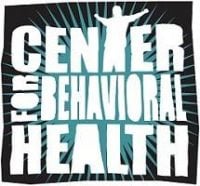

The facility name, logo and brand are the property and registered trademarks of Intervention 180, and are being used for identification and informational purposes only. Use of these names, logos and brands shall not imply endorsement. RehabNow.org is not affiliated with or sponsored by Intervention 180.



